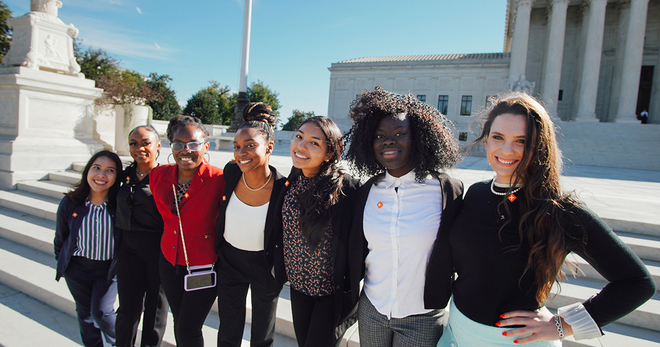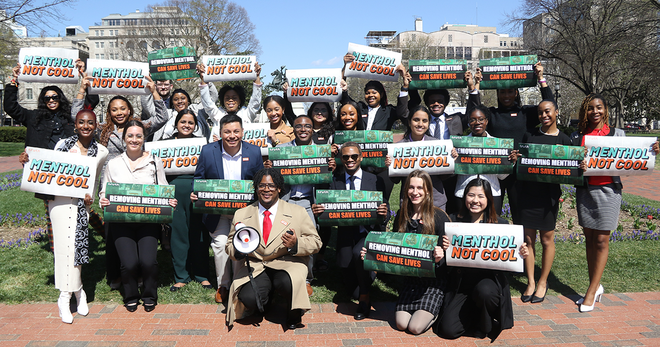How cities and states are making it harder to sell cigarettes to youth
Effective Friday, retail merchants in Chicago will be prohibited from selling cigarettes or other tobacco products to anyone under the age of 21, as Chicago becomes just the latest location to make it harder to sell tobacco products to children.
In recent weeks, Leawood, Kansas; Portland, Maine; and Albany County, New York joined the growing ranks of states and cities raising the legal age of sale for tobacco products to 21.
The push to make it harder to sell cigarettes to teenagers gained significant momentum earlier this month after the state of California passed a law prohibiting the sale of cigarettes and other tobacco products to youth younger than 21. That law, along with a handful of others signed by Governor Brown in May, reaffirmed California’s as a leading force in tobacco control.
While California is the largest state to increase its legal age of sale, it was not first. That honor goes to Hawaii which kicked off 2016 with a new law raising the minimum age of sale. It could soon have a lot of company.
Leaders have also tried to raise the legal age of sale to 21 in Illinois, Pennsylvania, Massachusetts, Rhode Island, Utah, Vermont, and Washington, D.C. New Jersey tried and failed to raise its minimum age when Gov. Chris Christie vetoed the measure earlier this year, but the state legislature is considering a new bill now.
In the meantime, local leaders aren’t waiting for the states to take action. City officials in Boston, Cleveland, Kansas City and New York already prohibit the sale of tobacco to anyone younger than 21, and Chicago will join their ranks in July. Earlier in June, Cottonwood, Arizona, became the first locality in that state to pass an ordinance prohibiting the sale of tobacco to any customer younger than 21. The Board of Health in Worchester, Massachusetts raised its legal age unanimously voted to raise its minimum, joining 112 other localities in MA.
“These policies make sense. Raising the minimum age for tobacco sales to 21 makes it less likely that high school students will socialize in the same circles as people who can legally buy tobacco,” said Robin Koval, Truth Initiative chief executive officer and president.
More in tobacco prevention efforts
Want support quitting? Join EX Program
By clicking JOIN, you agree to the Terms, Text Message Terms and Privacy Policy.
Msg&Data rates may apply; msgs are automated.



